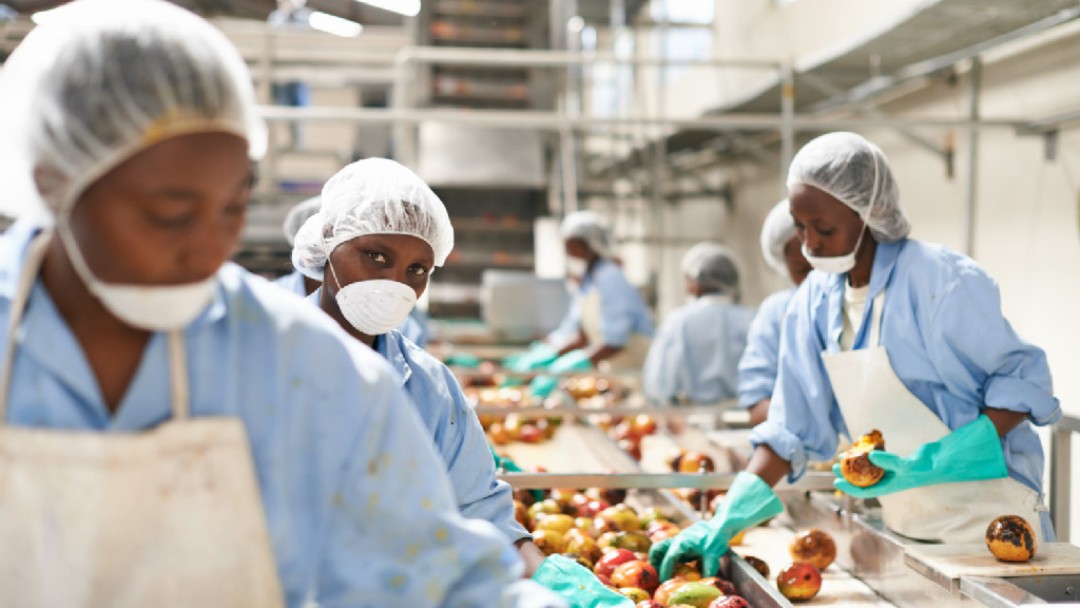
As of next year, the Supply Chain Act will oblige German companies to implement their environmental and social responsibility policies with their suppliers. As a result, they will be subject to new requirements. To ensure that small and medium-sized enterprises (SMEs) in Asia, Africa and Latin America can meet these demands, KfW has founded the ESG First Fund together with Aavishkaar Capital on behalf of the Federal Ministry for Economic Cooperation and Development (BMZ).
Under Germany’s new Supply Chain Act (Lieferkettengesetz), adopted in June 2021, companies in the country are expected to comply with minimum environmental and social standards along the entire value chain. This means that sub-tier suppliers are also subject to these requirements. However, this is not always possible at present – especially in the case of small and medium-sized enterprises.
In many places, there is a lack of occupational health and safety, environmental friendliness and social justice in the workplace. This may include low pay or women suffering employment discrimination, for instance – in part because local legislation is often weak or poorly enforced. If the German Supply Chain Act enters into force, along with the European equivalent that has been announced, SMEs that have not yet been able to meet or prove compliance with environmental and social standards will be at a serious disadvantage. They run the risk of losing European businesses as customers. In many cases, large companies are more likely to be able to afford the costs and effort involved in maintaining their position as suppliers to groups of companies in Europe.
This is why KfW has established the ESG First Fund together with Aavishkaar Capital. ESG stands for “environmental, social and governance”. KfW initially contributed EUR 50 million to the USD 250 million in share capital with which the fund launched at the beginning of this year. It will invest in manufacturing companies in partner countries that form part of German and European supply chains. The focus will initially be placed on India, Vietnam, Bangladesh, Cambodia and Indonesia in Southeast Asia, and Kenya, South Africa and Nigeria in Sub-Saharan Africa. Sectors such as agricultural products, textiles, shoes, machine parts, automotive parts and furniture will take priority. The fund assesses the working conditions in companies and initiates changes to accommodate the minimum social and environmental standards. Particular attention is paid to gender equality – for instance, in workplace settings. “It is important that we do not exclude companies in other parts of the world from supply chains that end in Europe, and instead we enable them to implement better due diligence management,” says BMZ Head of Division Anosha Wahidi.
It is estimated that multinationals’ supply chains account for 80-plus per cent of global trade and employ around one in five workers, dominating the global economy. As a result, improvements in human rights and environmental and social standards in these supply chains alone would have a major impact.
Share page
To share the content of this page with your network, click on one of the icons below.
Note on data protection: When you share content, your personal data is transferred to the selected network.
Data protection
Alternatively, you can also copy the short link: kfw-entwicklungsbank.de/s/enzBYuXk
Copy link Link copied